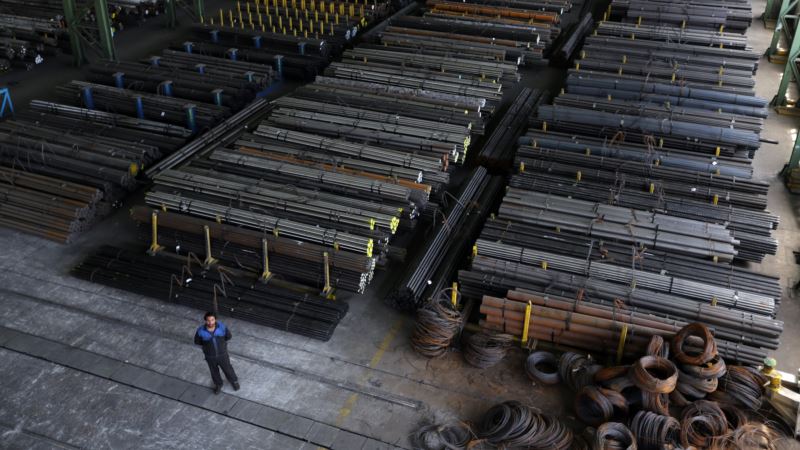
Issued on December 16, the alert says parties who transfer or export graphite electrodes and needle coke to Iran run the risk of having blocking sanctions imposed on U.S.-based property and assets.
In addition to producers and exporters, parties along the supply chain are also exposed to the sanctions, including port operators, shippers, shipping companies, and vessel operators and owners.
The U.S. government alleges the revenue that Iran derives from steelmaking “may be used” for its “proliferation programs, campaigns of regional aggression, and support for terrorist groups.”
Tensions have escalated between the United States and Iran since 2018 when President Donald Trump withdrew from Tehran’s 2015 nuclear deal with world powers and began a policy of “maximum pressure.”
The deal offered sanctions relief to Tehran in exchange for Iran curbing its nuclear activities.
Since then, Iran has been hit by multiple rounds of economic sanctions.
In a study released by the Pentagon last month, the U.S. Defense Intelligence Agency accused Iran of using a network of “militant partners and proxies,” including Shi’ite militias in Iraq, to enable it to advance its interests in the Middle East.
The study noted that Iran remained “implacably opposed to the United States and its presence in the Middle East.”